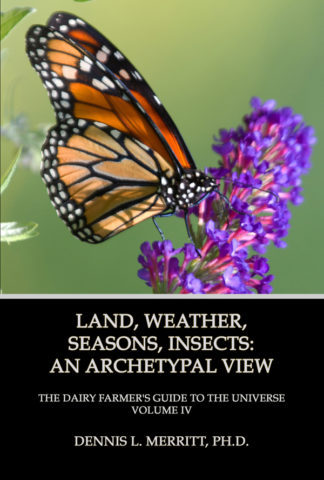Description
Four Eternal Women: Toni Wolff Revisited – A Study In Opposites
By Mary Dian Molton and Lucy Anne Sikes
Toni Wolff was at first the patient, and later the friend, mistress for a time, long-term colleague and personal analyst of Swiss Psychiatrist Carl Jung.
In addition to her work as the founder, leader and teacher for the Psychological Society in Zurich which led to the establishment of the world-renowned C.G. Jung Institute in Zurich/Kusnacht, she published a seminal but little known work called “Structural Forms of the Feminine Psyche” (“Der Psychologie”, Berne, 1951). This treatise, certainly one of the first studies in Analytical Psychology, has been the subject of the authors’ investigation, attention, research and study for the past twelve years. Toni Wolff’s original outline of her four archetypes barely filled fifteen pages of the journal, and was written in the academic style of professional journals of that period, sans illustration or commentary.
While Wolff’s work has been mentioned in short form in the work of several writers, Four Eternal Women is the first full and serious archetypal delineation of her original thesis, and examines each of her four feminine archetypes from several perspectives:
- Wolff’s Own Words
- An Overview of History and Myth
- Familiar Characteristics
- Lesser known (Shadow) Possibilities
- Career Inclinations
- Relationships to Men
- Relationships to Children
- Relationships to Each of the Other Types
The tension of the opposites set up by Wolff’s own diagrammatic representation of these archetypes provided an additional dynamic to this study. Those who have followed Jung’s individuation path will recognize aspects of Jung’s Transcendent Function. All readers may well become personally sensitized to discover their own type preferences, and how some aspects of shadow may be present in their ‘opposite’ partner.
About the Authors
Lucy Anne Sikes, MS, ARNP, is a Senior Diplomate Jungian Analyst and is an Advanced Registered Nurse Practitioner. She is in private practice of Analysis and Psychotherapy in Prairie Village, Kansas, close to Overland Park, Kansas and Kansas City, Missouri. She currently serves as a lecturer in Jungian Theory and Practice and is past Coordinator for the Kansas City – St Louis Training Seminar of the InterRegional Society of Jungian Analysts.
After her retirement in 1983 from a full career as an educator and later an executive for the Public Broadcasting System, Mary Dian Molton began her Jungian studies and took an advanced degree in clinical social work. She has studied at the C.G. Jung Institute in Zurich, has trained extensively in psychodrama, and has worked as a Jungian psychotherapist since 1987. She also holds a BFA in Fine Arts, and an MS Ed. with a specialization in Secondary Theater Education. For several years she wrote, produced and chaired a weekly television series which showcased creative teaching.

Paperback: 320 pages
Publisher: Fisher King Press
1st edition
Publication Date: February 15, 2011
Language: English
ISBN-10: 1926715314
ISBN-13: 9781926715315






